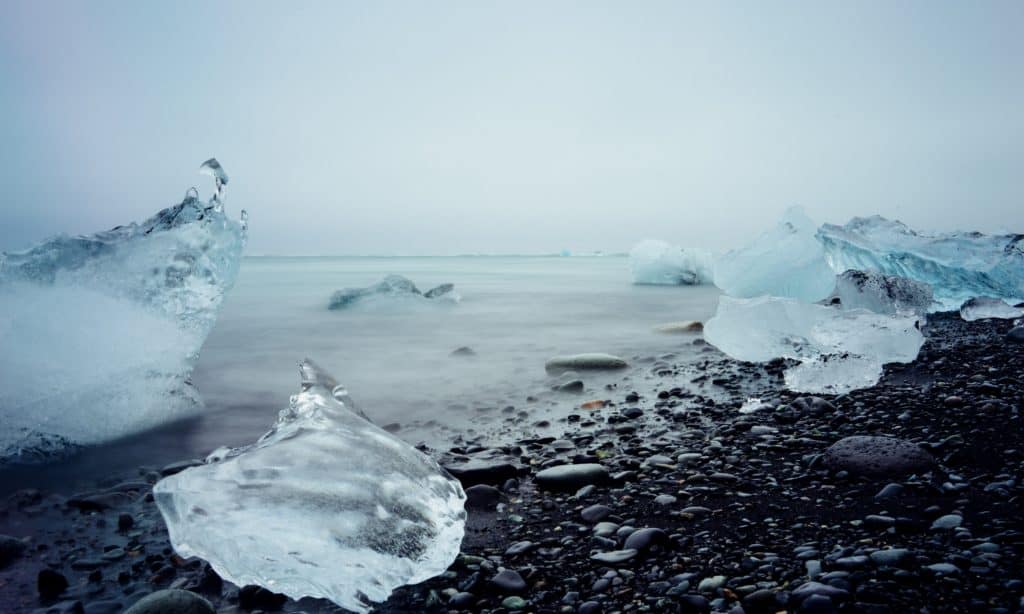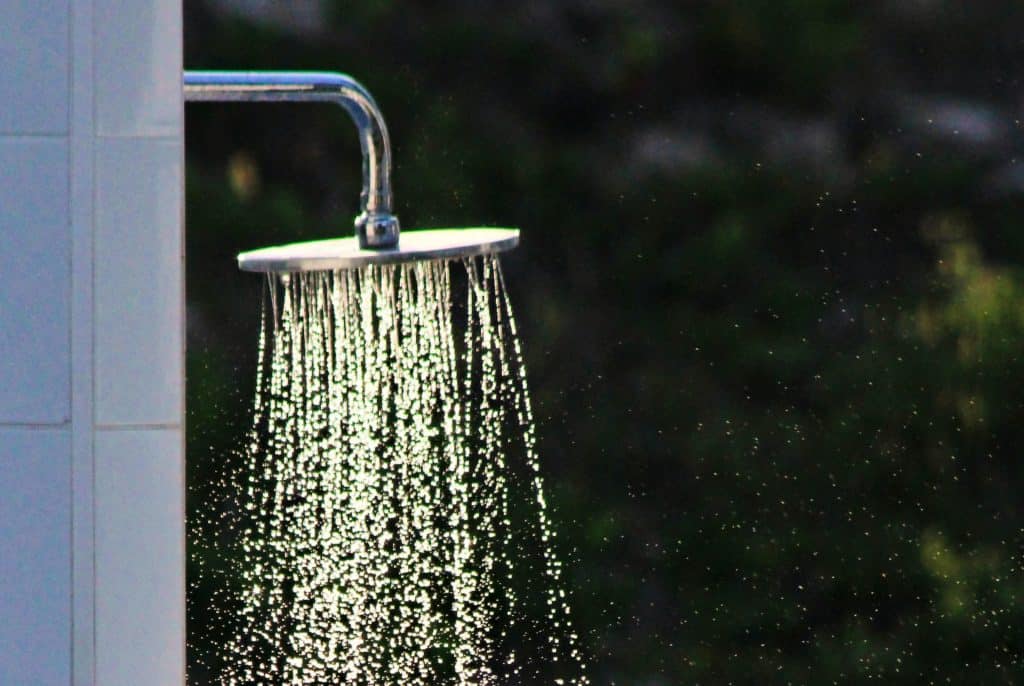
Cold therapy, whether in the form of cold water immersion or cryotherapy, is becoming increasingly popular in the health and fitness world.
People use it for things such as pain relief, inflammation, energy, adrenaline, and mental clarity.
For years we’ve marveled at athletes jumping into an ice bath after a hard training session just so they’re recovered for the next day. Often you will see baseball pitchers with massive packs of ice wrapped around their pitching arm during a press conference.
You figure if the best in the world do it, why shouldn’t you?
However, there is an important distinction to remember when considering any sort of method to optimize fitness or health. That is, when you optimize one aspect of fitness, you are usually sacrificing something else in return.
For example, if you want to improve cardiovascular endurance, you will likely have to train in a way that negates strength and muscle growth adaptations.
If you want to maximize muscle growth via diet and training, you will likely not experience any significant fat loss. In fact, you may even gain a little fat in the process.
Cold water immersion is no different.
Most people don’t own a cryo chamber; even a membership to a clinic that offers cryo services can be expensive. Filling an entire bathtub with ice is also costly, especially if it’s something you plan to do on a regular basis.
As a result, anyone interested in cold water therapy will likely just utilize a cold shower. It’s something most people have access to, and the preparation is as simple as getting psyched up to do it then turning a knob.
However, if your goal is to maximize muscle growth, taking a cold shower post workout is the worst thing you can do. A cold shower will disrupt the natural inflammatory process that follows a workout. Thus, cold water immersion hampers the very adaptation in which muscle growth occurs.
Resistance training causes small micro tears in the muscle fiber. The muscles eventually adapt to the workout, which typically consists of lifting weights or some sort of high intensity activity. Over time, the muscles grow bigger and stronger. But this entire inflammatory process has to run its course in order for optimal hypertrophy to take place.
With that said, you may wonder why you see so many athletes utilize cold therapy. The reason is that frankly they don’t care about building muscle. Their primary concern is recovery and being able to perform in the coming days.

Some people use the terms muscle growth and muscle recovery synonymously, but in this case it’s important to separate the two.
As discussed, muscle growth is the long adaptation process that follows a workout, typically lasting 24-72 hours. Muscle recovery is a more nebulous term, and is based on how an individual feels. While hard to measure, muscle recovery is determined by levels of soreness and overall energy.
The studies that look at muscle recovery will often give participants a 1-10 rating scale to base it on. Even with descriptive measures for each rating on the scale, it is still a subjective measurement. Muscle recovery is a thing that becomes intuitive with experience.
If your goal is to build muscle and you have been using cold showers, don’t be alarmed. It’s not as if the cold is an automatic off switch for muscle gain. However, it is safe to say that using the cold will, in some way, impede muscle gain.
If you want the best of both worlds, it is best to wait at least 4-6 hours to take a cold shower after the conclusion of a resistance training workout. This again is under the premise that the end goal is maximal muscle gain.
What Situations Are Best For Cold Showers
As mentioned, many athletes use cold water immersion for muscle recovery. However, we also stated how any type of cold therapy can impede muscle growth.
Cold therapy can also hamper other training adaptations like strength gains. With all these negative adaptive effects, you may wonder why anyone would ever take a cold shower.
However, there are situations where it is appropriate. Athletes aren’t always trying to make muscle or strength gains. As a competition gets closer, the goal shifts to maintaining skill level and maximizing recovery.
For example, an MMA fighter 2-3 weeks out from a fight just wants to recover from the workout to feel as fresh as possible the next day. They’re not going to make strength gains in that time frame, which is best left for offseason training. With the hard training and upcoming weight cut, they need to optimize recovery at the expense of other adaptations.
A football player will want to jump right into an ice bath after a game, to reduce the inflammation and muscle soreness as soon as possible. They have practice in a few days and a game in a week (sometimes sooner), so recovery is paramount.
Some sports have tournaments in which multiple games/events occur throughout the course of a weekend. The same situation applies; cold water immersion will aid in recovery for the following day’s event.
The two sports where cold water therapy almost never applies would be bodybuilding and powerlifting. The whole purpose of these two sports is to make adaptations in the form of muscle gains or strength gains. This goes for both offseason and competition training, so there is no real appropriate time to implement cold therapy (sans for an injury).
Other athletes have a greater dichotomy between offseason and in-season training. A fighter would utilize the offseason to gain strength or even put on size to move up a weight class. This sort of thing takes time, which is why they would dedicate an offseason (typically 3-6 months) to do so.
The preseason and the season itself is where a dramatic shift occurs. The strength development is over and the focus moves to sport specific skill work and competition. In order to peak properly for competition, recovery has to be on point, which is why cold water immersion or ice baths are best for this time frame.
Recent Posts
Some people report feeling energized and refreshed after a workout which lasts them the entire day. Others have never experienced such a phenomenon and wonder what they’re doing wrong. This...
Dietary supplements are considered to be a fractional component of bodybuilding as a whole. But when it comes to bodybuilding, especially at the competitive level, it is the finer details that are...
